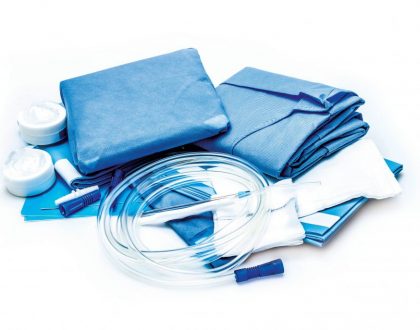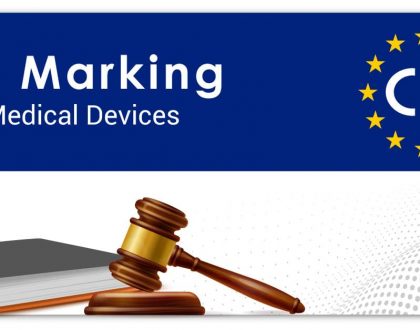TGA Extend Reclassification Transition Deadline

by admin
The TGA have announced an extension to the deadline for the reclassification of hip, knee and shoulder joints. The due date for final transition has been extended by one year to 30 June 2015.
There will be no annual charges applied for transitioned Class III joint implants until after 30 June 2015, and reclassification applications submitted by 30 June 2015 are not subject to mandatory audit requirements or related audit fees (reclassification applications may be selected for discretionary audit, for which no fees apply).
Why the extension?
The TGA indicate that the extension was due to the need for clarification about the range of medical devices that are hip, knee or shoulder joint replacements, and the on-going availability for revision procedures of devices. In a public announcement, the TGA advise that the timeframe extension enables them to undertake further consultation with affected stakeholders to consider the range of medical devices affected by reclassification, as well as options around the supply of devices for revision surgeries, without affecting the continuity of supply of devices to patients.
What now for Sponsors and Manufacturers?
As KD&A have advised from early on in this reclassification process, Sponsors (and Manufacturers) should work towards the new 30 June 2015 transition deadline as now provided for in Part 11 of the Therapeutic Goods (Medical Device) Regulations 2002. Any applications received after 30 June 2015 will not qualify for transitional arrangements, and will need to be submitted as a normal Class III application (including paying appropriate audit fees).
Class IIb inclusions for total or partial knee, hip or shoulder joint replacement devices will be cancelled on 1 July 2015 (except for any Class IIb devices for which there is a reclassification application pending at the end of the transition period, when the reclassification application is determined).
TGA considerations
The intention is to resolve questions about the appropriate classification of devices which are intended to assist the joint replacement on implantation by developing a more detailed definition of hip, knee or shoulder joint replacement implants. This will be the subject of consultation with stakeholders over the coming months.
The TGA is also examining issues arising where medical devices are not transitioned, but are required after that date for revision surgeries. These devices may still be supplied under the Therapeutic Goods Administration’s Special Access Scheme arrangements if requested by the health practitioner. However, in the absence of an ARTG entry the device will not be eligible for reimbursement by private health insurers.
Do you have questions about the transition period requirements? Contact KD&A.
COMPLETE REGULATORY SOLUTIONS
REGULATORY STRATEGY I QUALITY MANAGEMENT SYSTEM I TECHNICAL DOCUMENTATION I POST MARKET SURVEILLANCE I TGA CONFORMITY ASSESSMENT I PRODUCT REGISTRATION I PROMOTIONAL MATERIALS REVIEW
Recommended Posts

January 2024 Updated Guidance – System or Procedure Packs
February 28, 2024

Guidance on the vigilance system for CE-marked devices and the Device Specific Vigilance Guidance (DSVG) Template
February 19, 2024

TGA Fees and Charges Proposal 2024-25
February 1, 2024
